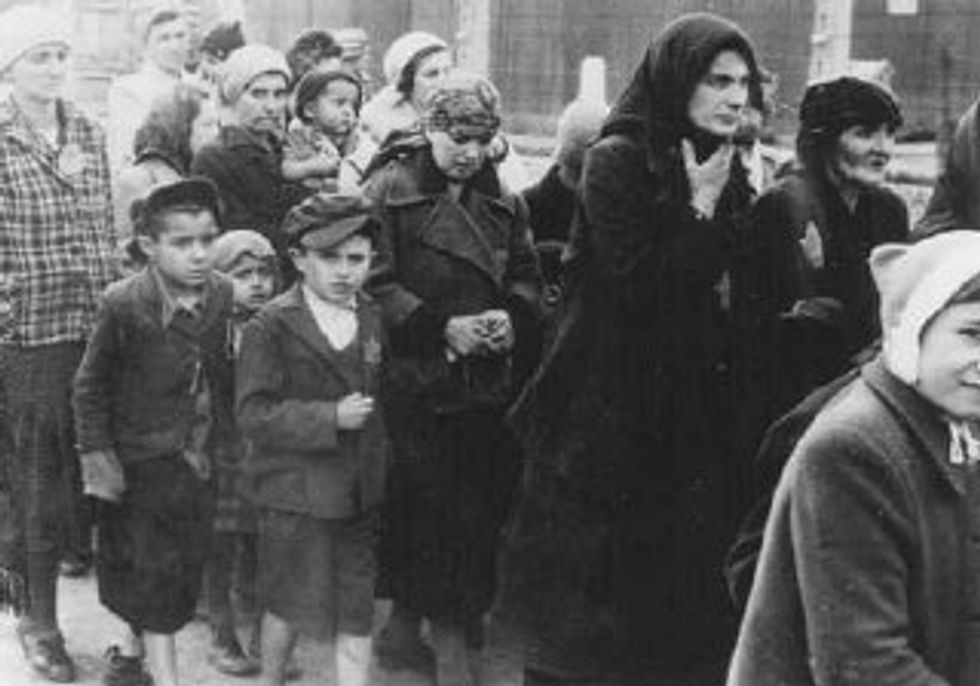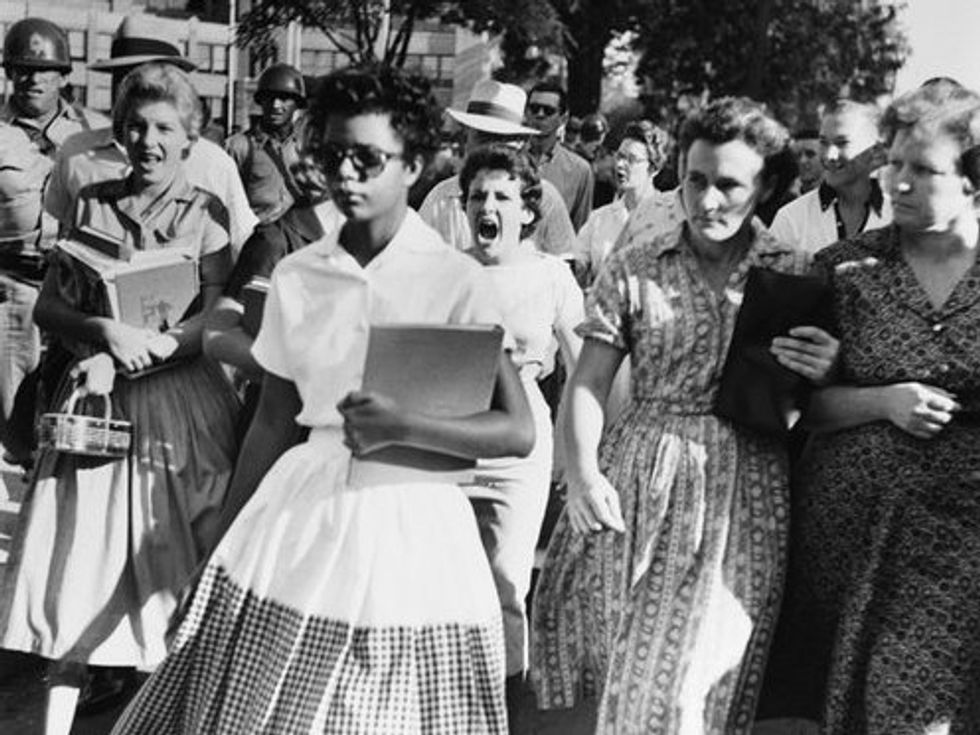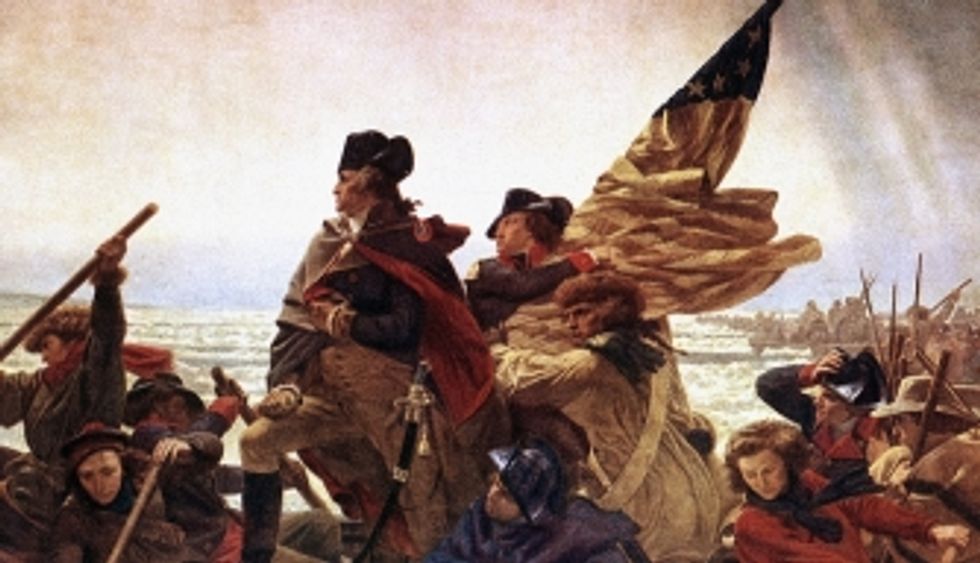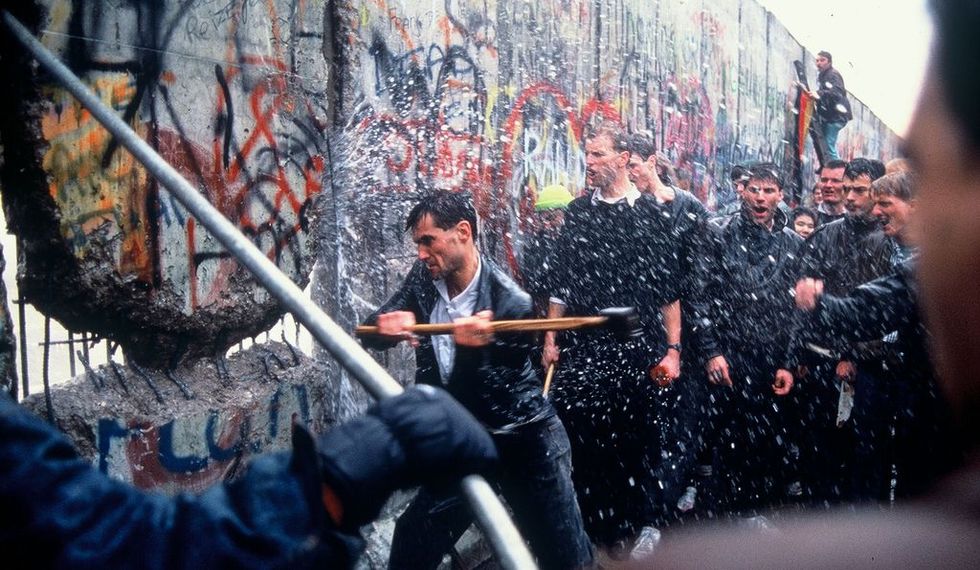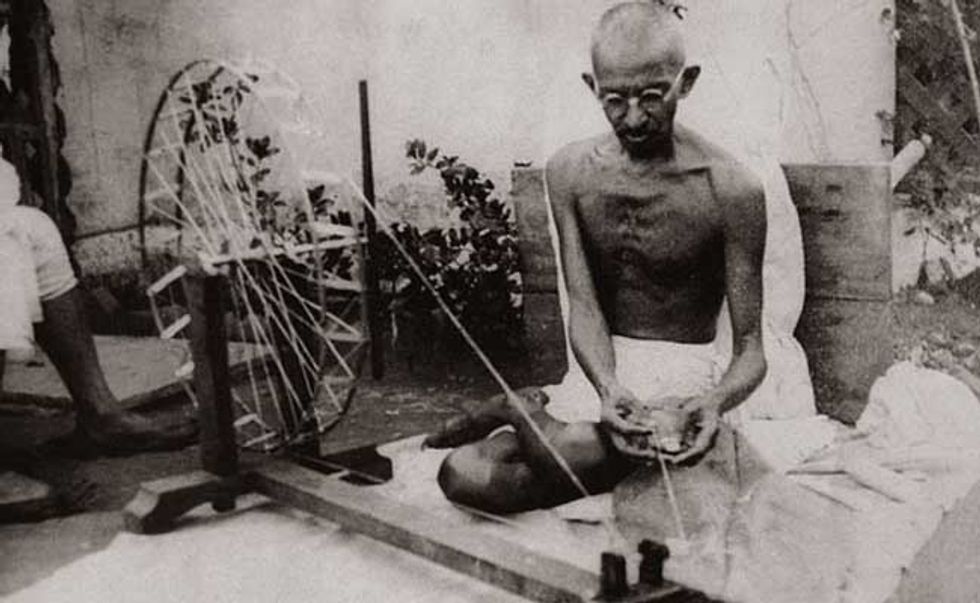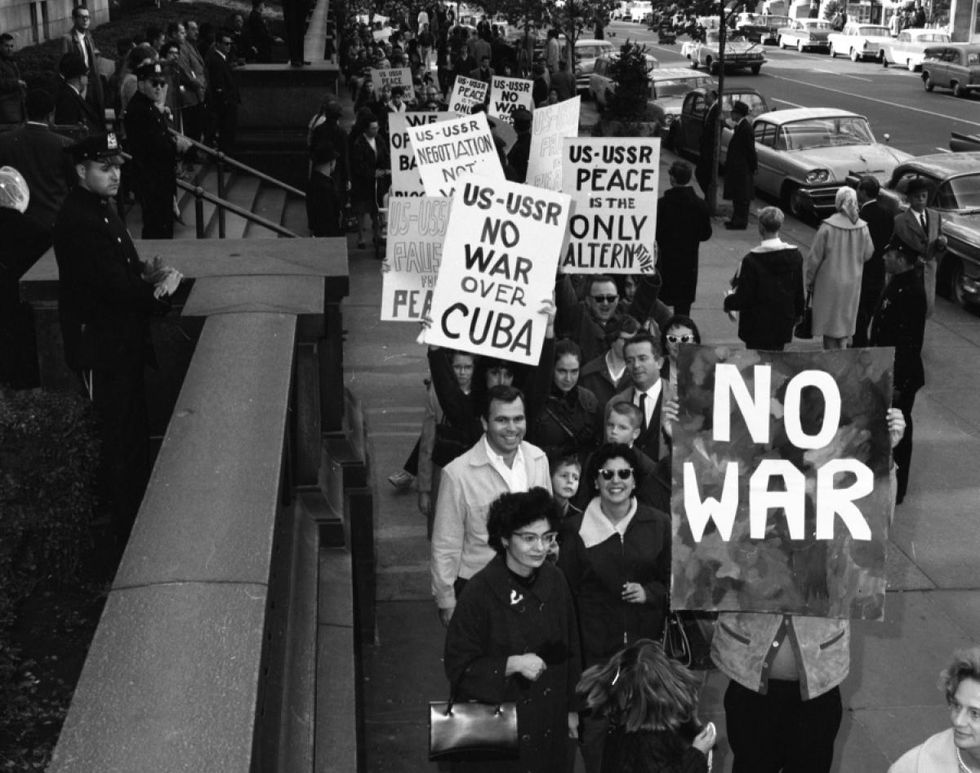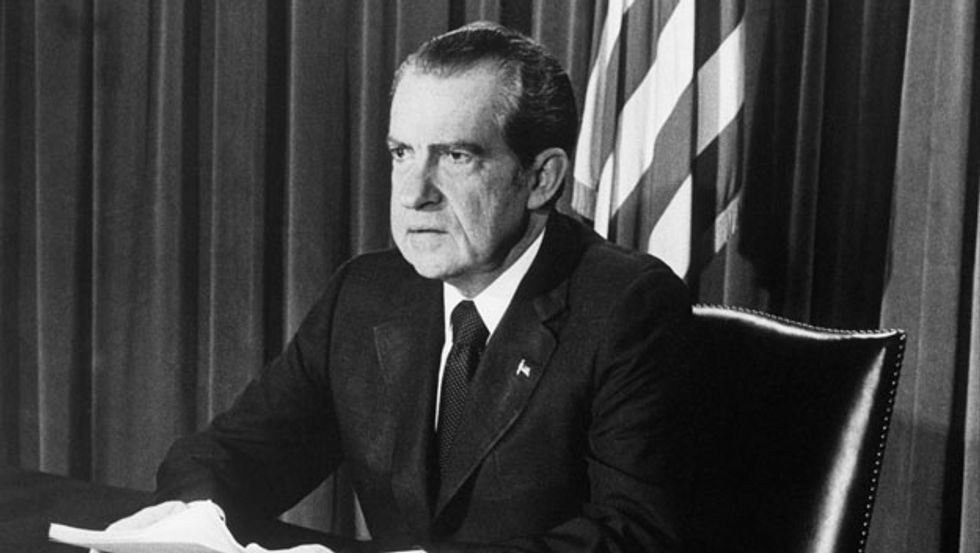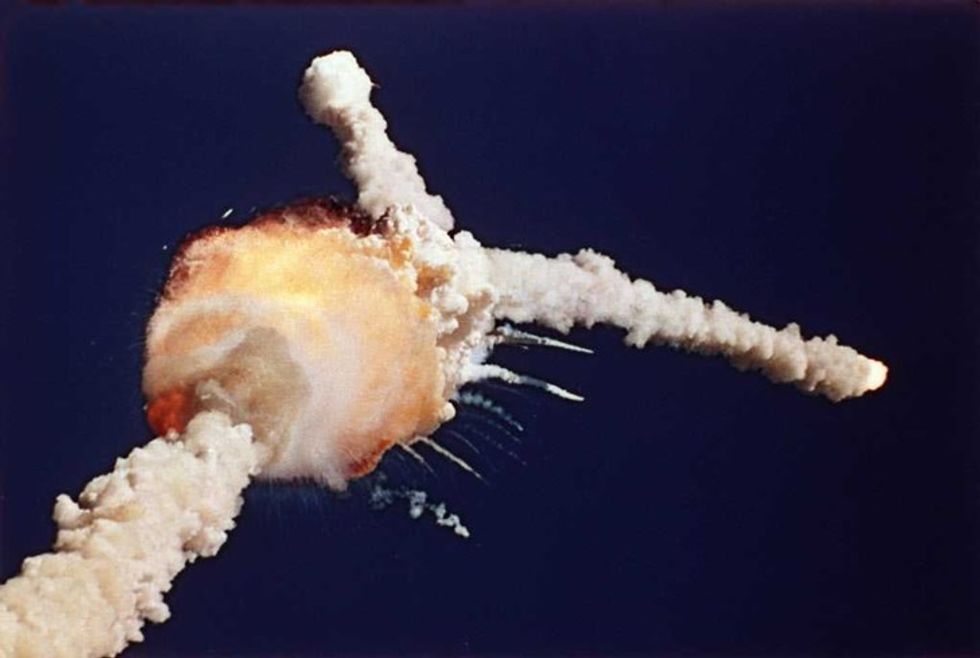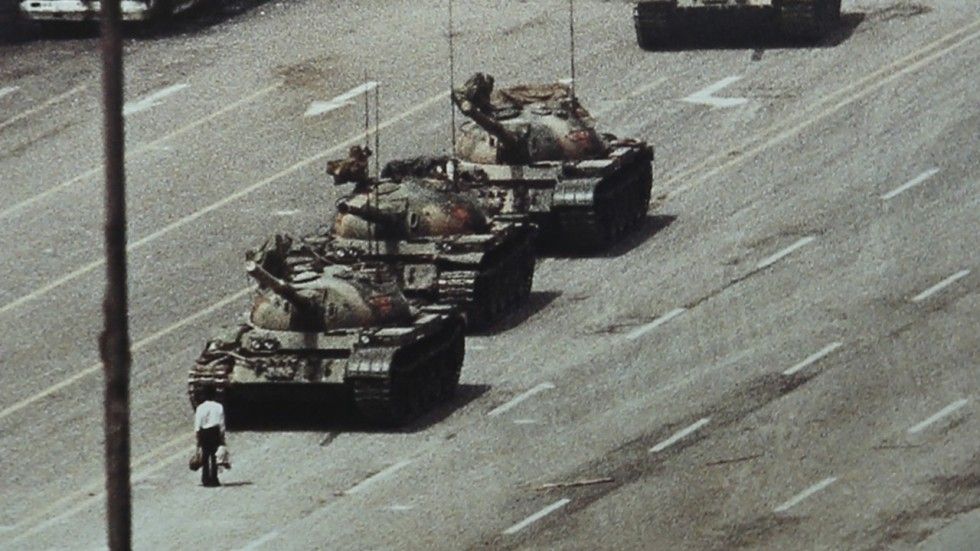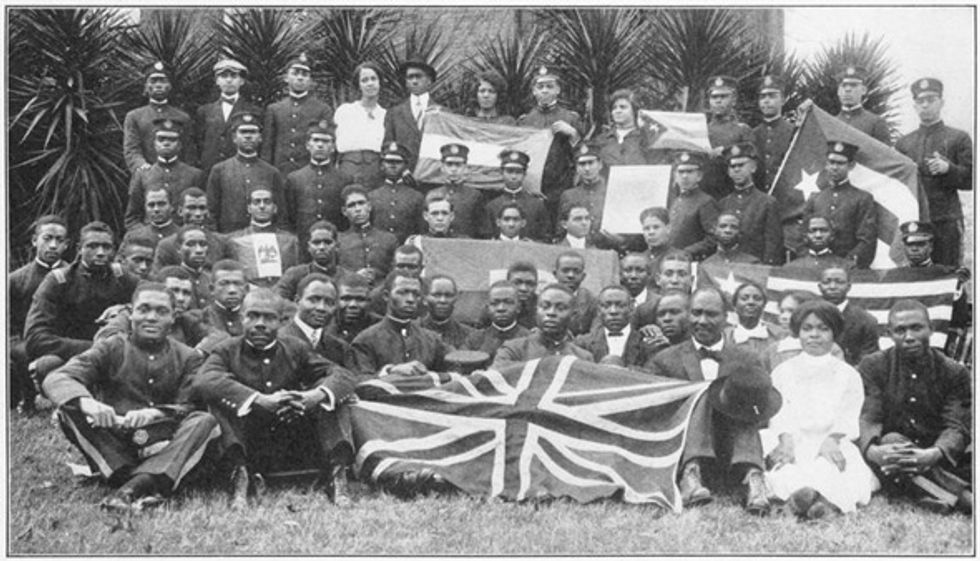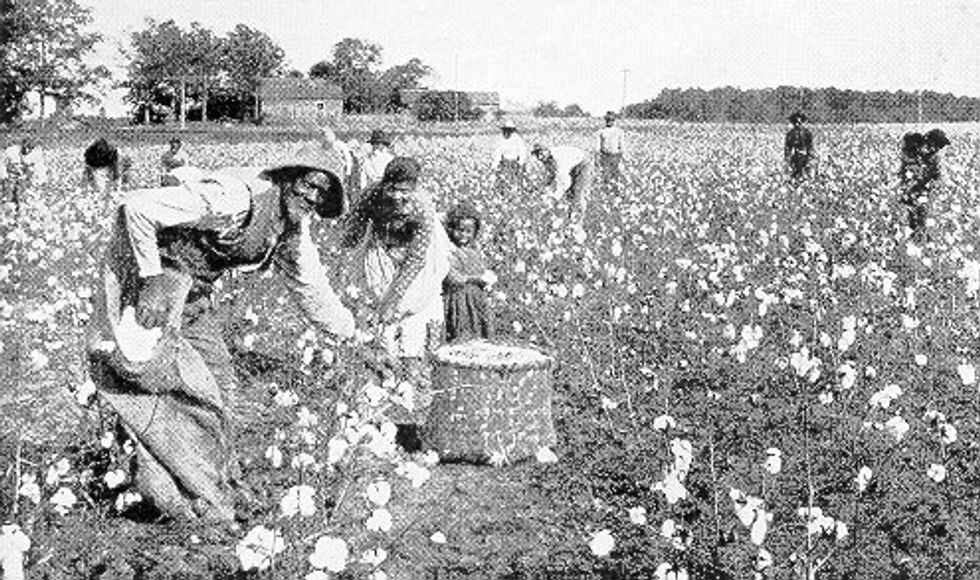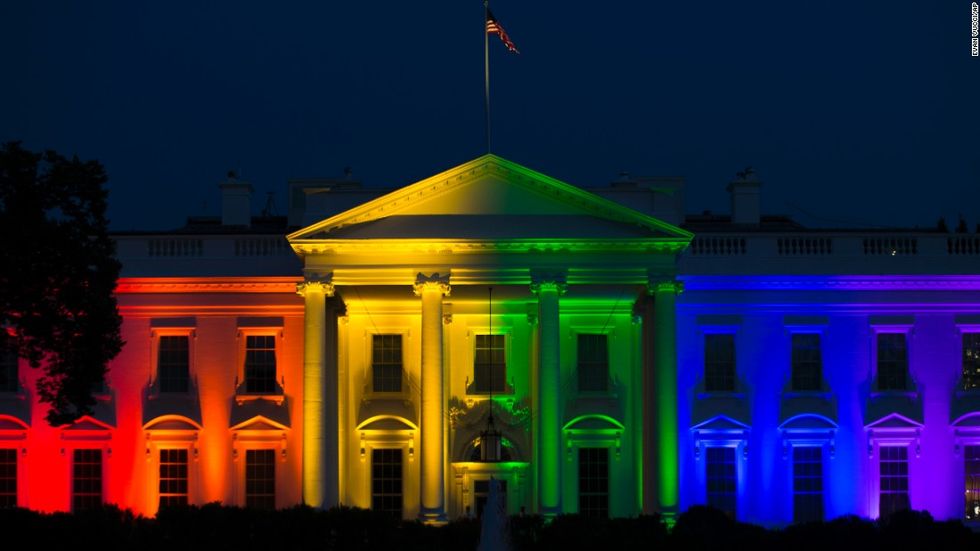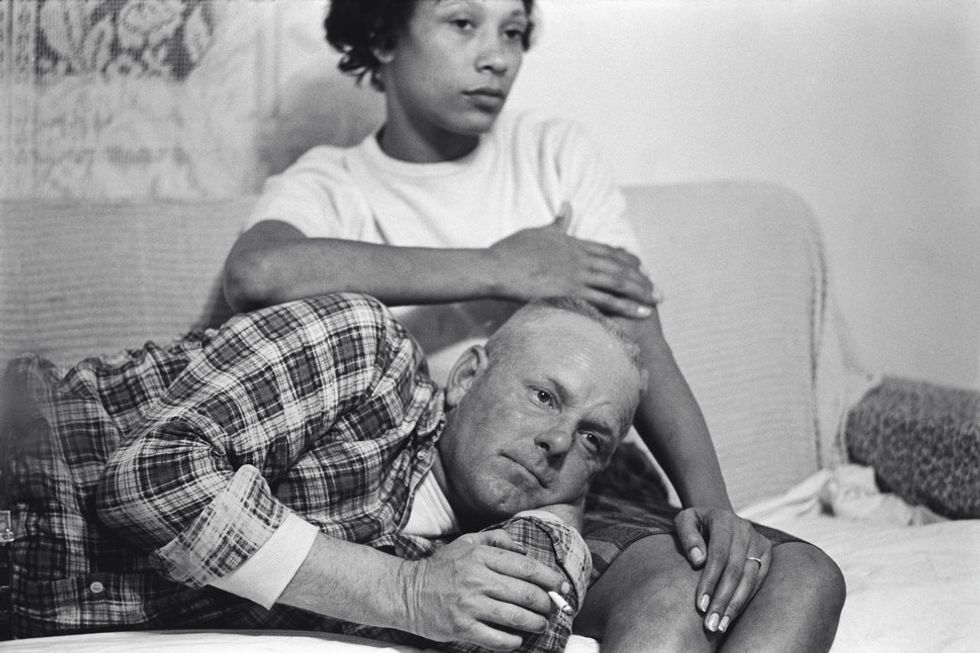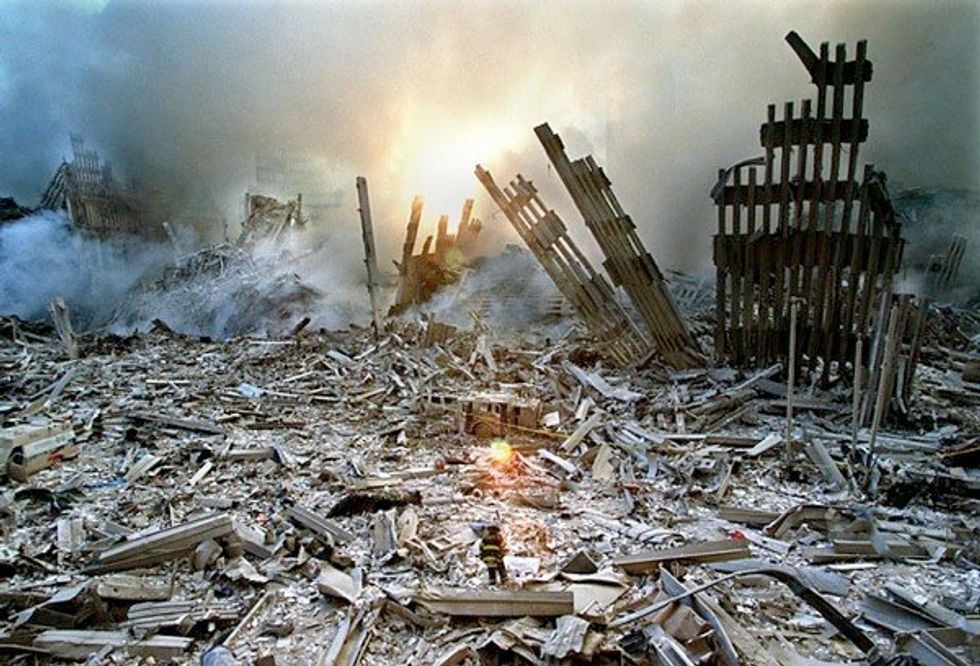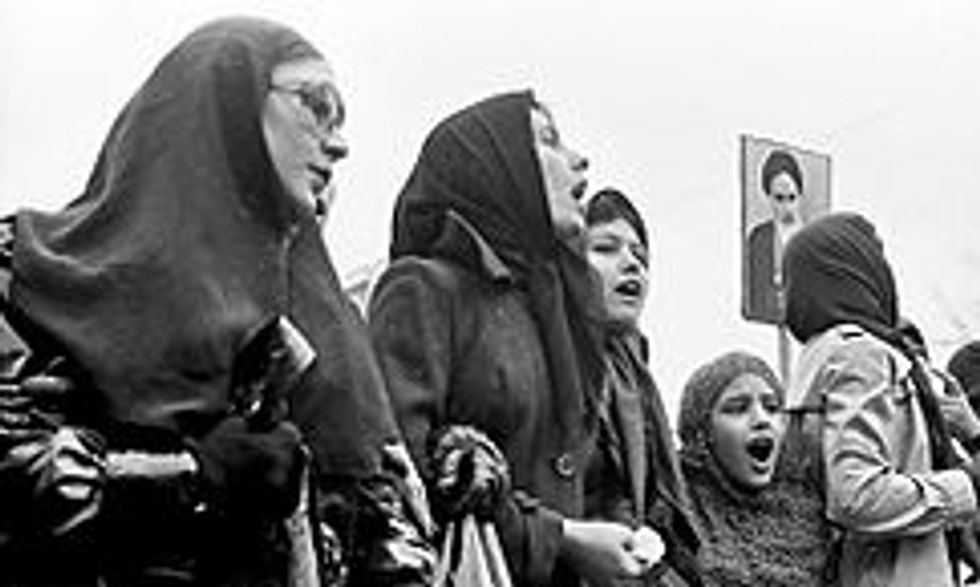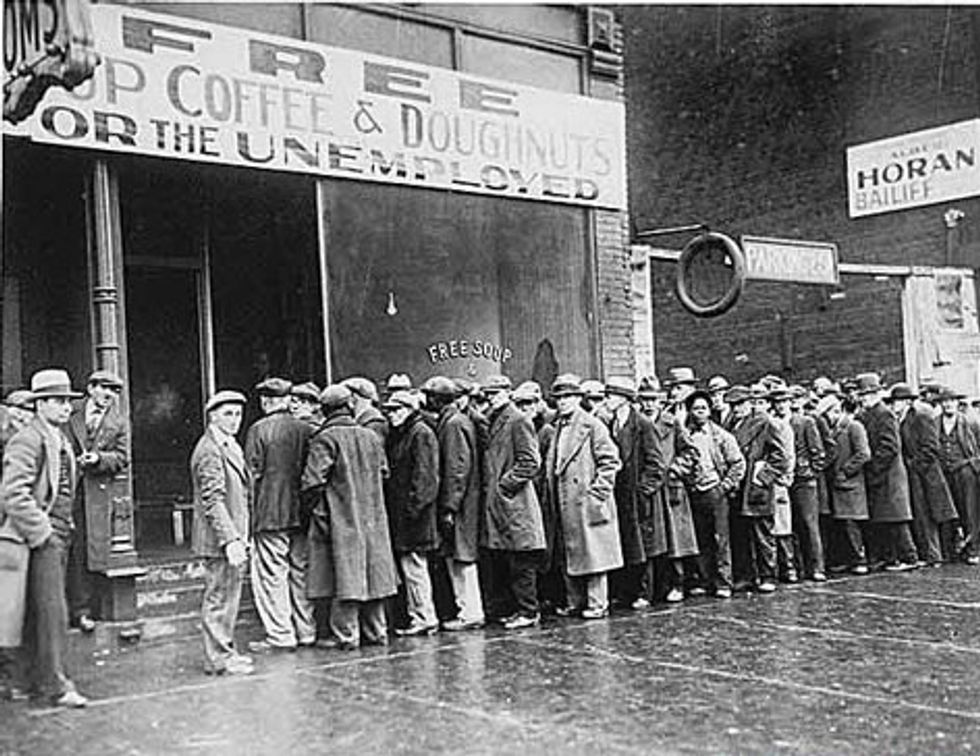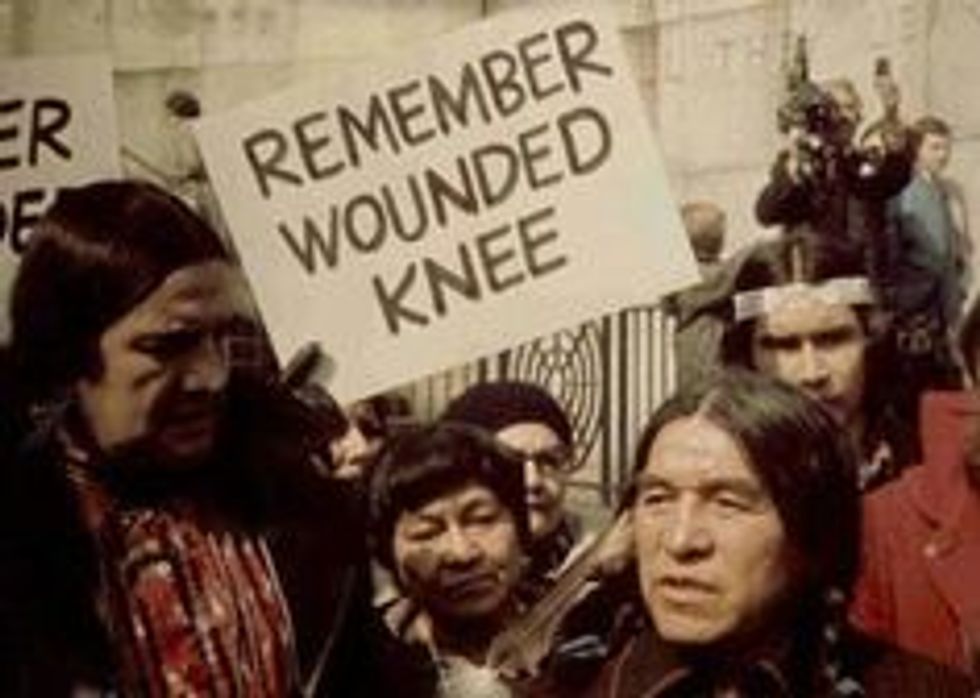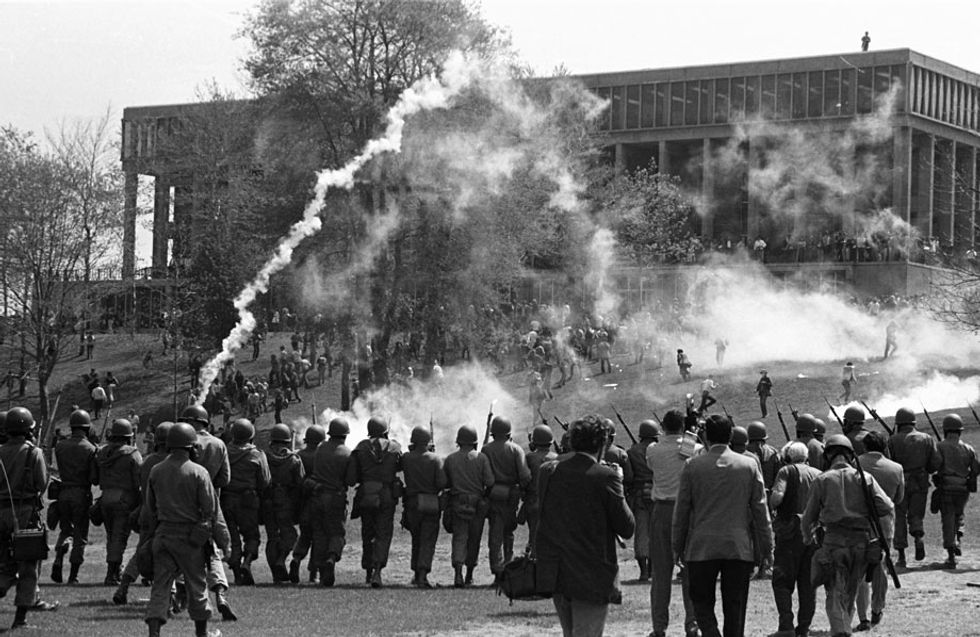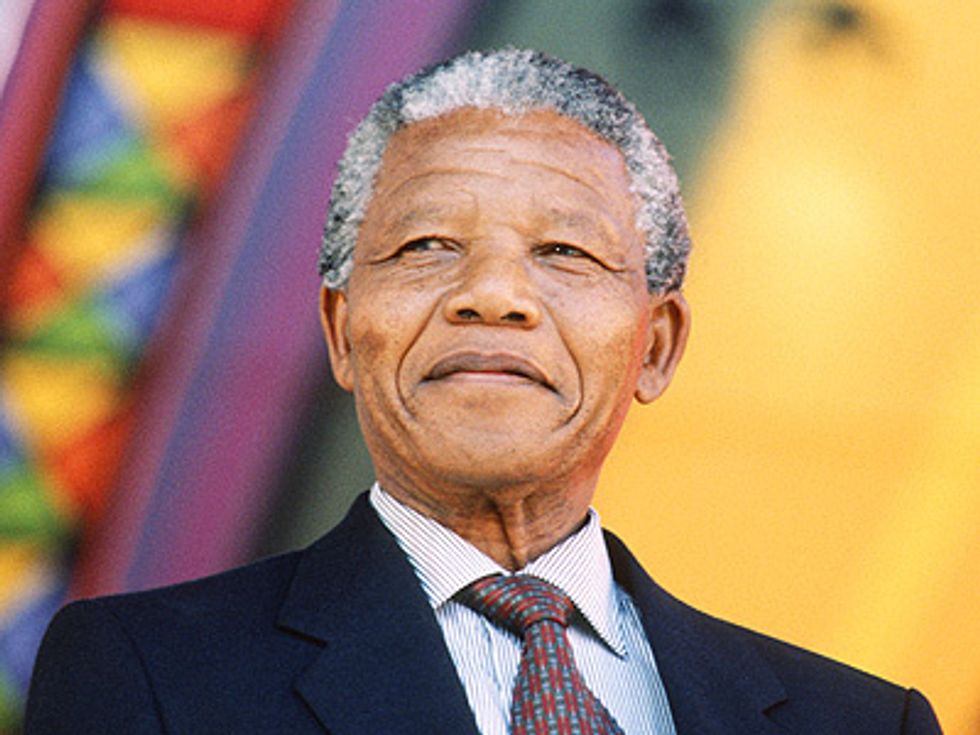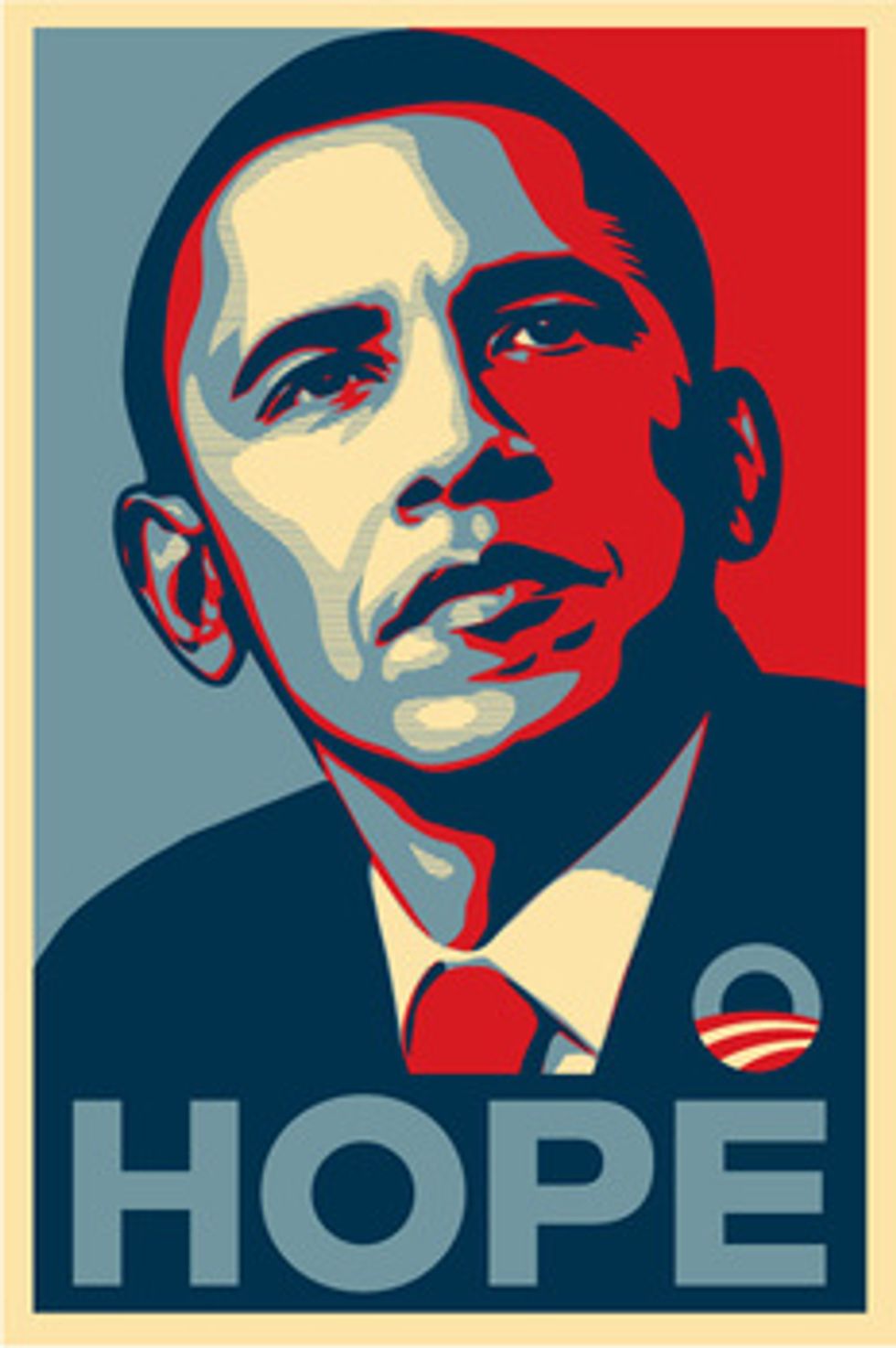History is one the common core subjects, and it is arguably one of the hardest subjects to study. Many students think history is hard because of the massive amounts of events and details you have to memorize.
It has been discussed by some that history should be eliminated from high school and college curriculum. That is an awful idea because, without knowledge of history, you’re bound to repeat the mistakes of the past. Studying history provides cultural awareness and can offer transferable skills that you will need for the real world, like decision making, problem-solving, critical thinking, etc.
There are many historical events that are relevant to modern day society that you will need to learn about, like:
1. The Holocaust and WWII
17 million victims, including 6 million Jews in Europe were murdered in a mass genocide during World War II in which Adolf Hitler's Nazi Germany, aided by its collaborators.
2. The African American Civil Rights Movement
In the 50s and 60s, African-Americans worked to accomplish the goal of ending legalized racial segregation and discrimination laws in the United States and secured federal protection of their citizenship rights.
3. The American Revolution
In the late 18th century, a colonial revolt took place and the American Patriots in the Thirteen Colonies won independence from Great Britain, becoming the United States of America.
4. The fall of the Berlin Wall
In November 1989, the wall that divided East and West Germany was torn down after being a symbol of the Cold War.
5. The Renaissance
A period in European history, from the 14th to the 17th century, regarded as the cultural bridge between the Middle Ages and modern history.
6. Mahatma Gandhi the Indian Independence Movement
The 90-year movement that aimed to end the East India Company rule and the British Indian Empire in the Indian subcontinent.
7. Cuban Missile Crisis
A 13-day confrontation between the United States and the Soviet Union concerning ballistic development.
8. The first man on the moon

Apollo 11 blasted off on July 16, 1969. Neil Armstrong, Edwin "Buzz" Aldrin and Michael Collins were the astronauts on Apollo 11. Four days later, Armstrong and Aldrin landed on the moon.
9. Nixon resigns
As a result of the Watergate scandal, President Richard Nixon resigned from his duties as commander-in-chief, costing him much of his political support.
10. The Challenger Spacecraft explosion
On January 26, 1986, the NASA shuttle orbiter broke apart in 73 seconds killing all seven crew members aboard.
11. Tiananmen Square Massacre
After several weeks of demonstrations, Chinese troops entered Tiananmen Square on June 4 and fired on civilians. Estimates of the death toll range from several hundred to thousands.
12. European Colonization in Africa
In the late 19th century, Africa faced European imperialist aggression, diplomatic pressures, military invasions, and eventual conquest and colonization.
13. Slavery in the United States
The legal institution of human chattel enslavement, primarily of Africans and African Americans, existed in the United States of America in the 18th and 19th centuries and was abolished in 1865.
14. The legalization of gay marriage
Obergefell v. Hodges ruled that the fundamental right to marry is guaranteed to same-sex couples by both the Due Process Clause and the Equal Protection Clause of the Fourteenth Amendment to the United States Constitution.
15. The legalization of interracial marriage
Loving vs. Virginia was another landmark civil rights decision of the United States Supreme Court, which invalidated laws prohibiting interracial marriage.
16. The September 11th attacks
On September 11, 2001, was a terrorist attack that occurred when four planes were hijacked by the terrorist group al-Qaeda and crashed them into the World Trade Center, the Pentagon, and into a field in Shanksville, Pennsylvania. The attacks killed 2,996 people, injured over 6,000 others, and caused at least $10 billion in infrastructure and property damage.
17. The Iranian Revolution
The events involving the overthrow of the Pahlavi dynasty under Mohammad Reza Shah Pahlavi.
18. Great Depression
Lasted from 1929 to 1939, and was the worst economic downturn in the history of the industrialized world. It began after the stock market crash of October 1929, which sent Wall Street into a panic and wiped out millions of investors.
19. The Killing at Wounded Knee in 1890 and 1973
Located on the Pine Ridge Indian Reservation in southwestern South Dakota, was the site of two conflicts between North American Indians and representatives of the U.S. government. An 1890 massacre left some 150 Native Americans dead, in what was the final clash between federal troops and the Sioux. In 1973, members of the American Indian Movement occupied Wounded Knee for 71 days to protest conditions on the reservation.
20. The Kent State Massacre
The Kent State shootings were the shootings on May 4, 1970, of unarmed college students by members of the Ohio National Guard during a mass protest against the Vietnam War at Kent State University in Kent, Ohio.
21. Nelson Mandela is elected President of South Africa
Nelson Mandela served as the president of South Africa from 1994 to 1999. He was the first non-white head of state in South African history, as well as the first to take office following the dismantling of the apartheid system and the introduction of multiracial democracy.
22. Apartheid

Apartheid was a system of institutionalized racial segregation and discrimination that existed in South Africa between 1948 and 1991. It was based on white supremacy and the repression of the black majority of the population for the benefit of the politically and economically dominant group, Afrikaners, and other Whites.
23. Barack Obama is Elected President of the United States
In 2009, Barack Obama served as the 44th president of the United States from 2009 to 2017. He was the first African American president.
Although history may not be your favorite school subject, it plays a vital part in our society. To help make a better future, we need to learn about our past first because as mentioned before, without knowledge of history, you're bound to repeat the mistakes of the past.


